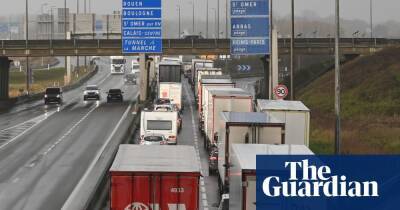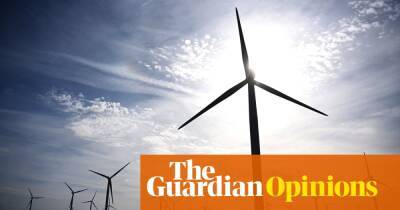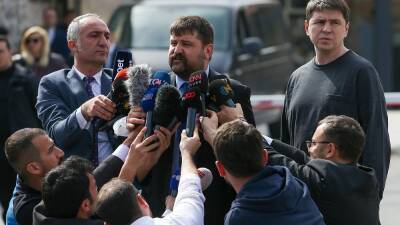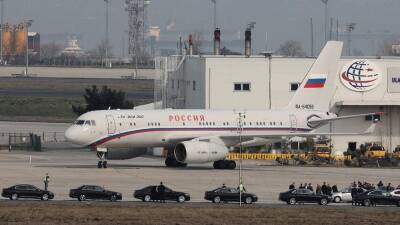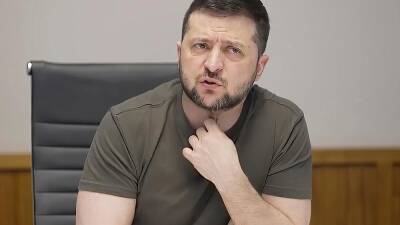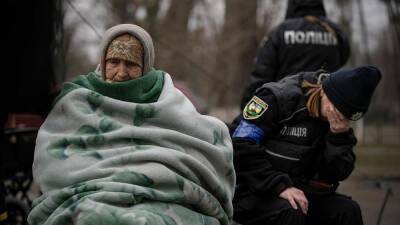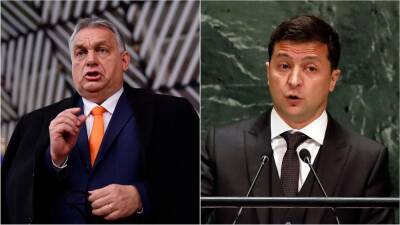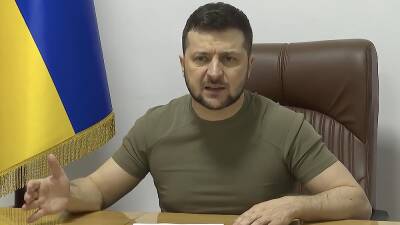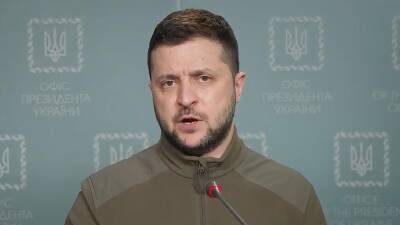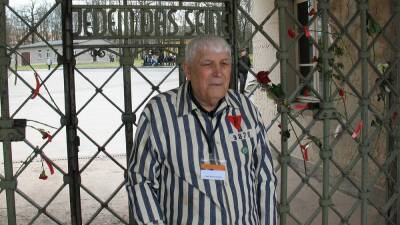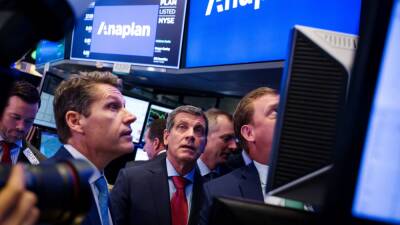Doing business with Russia: For big international brands it's not always black and white
In the first month of Western sanctions against Russia, thousands of businesses stopped operations in the country either as a direct consequence, or because the public -- their customers -- had little appetite to see them make money while Russian troops continued the invasion of Ukraine.
Many companies were able to simply cease trading; others have rushed to divest their interests in Russia by selling shops, hotels, and factories; while some have had to cut their losses and leave.
"Companies are in a difficult position when they have a large amount of production in Russia," says Peter Gabrielsson, Professor of International Marketing at the University of Vaasa in Finland.
"You cannot just suddenly stop the production and if you leave the country Russia has indicated they will confiscate the firm and the facilities there, so it's really not easy to stop the operation," he tells Euronews.
But what about the big-name brands, some of the most recognisable in Europe, that continue with business in Russia? Why haven't they stopped their operations?
The situation isn't always black and white.
Professor Gabrielsson tells Euronews that there are "big risks" for companies that decide not to pull out of the Russian market, or are seen to be taking too long to make a decision.
"These well-known recognised global brands have this problem that consumers are making their own decisions. And if they don't like what the brand is doing, they'll stop purchasing so for sure there's a big brand-related risk involved," he says.
This week Ukrainian President Volodymyr Zelenskyy specifically called out several French companies including Renault who were still operating their plant in Moscow, which remained open while other brands like Volkswagen had
Read more on euronews.com





